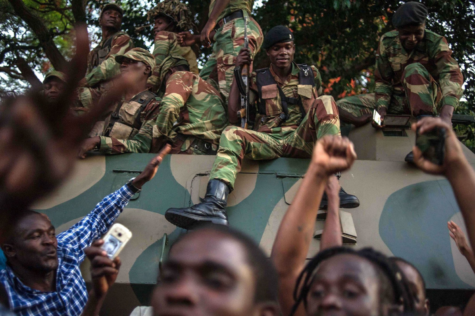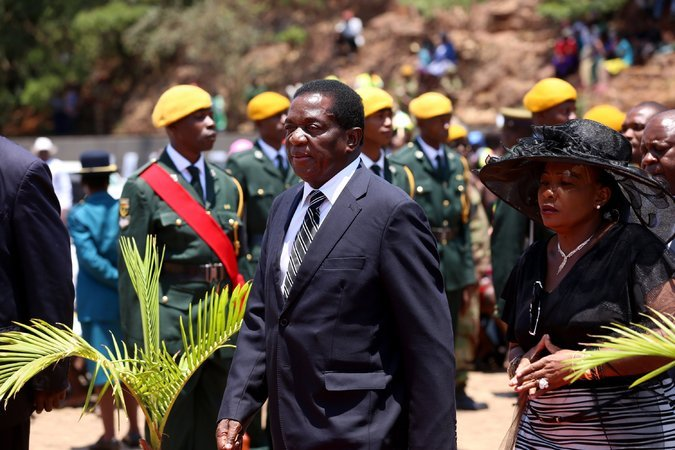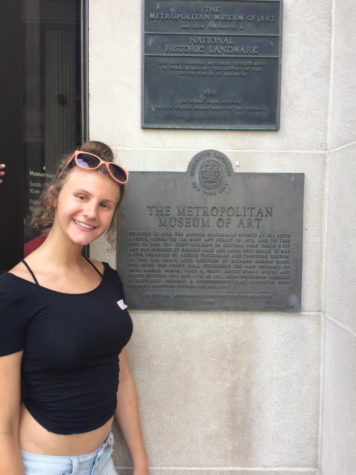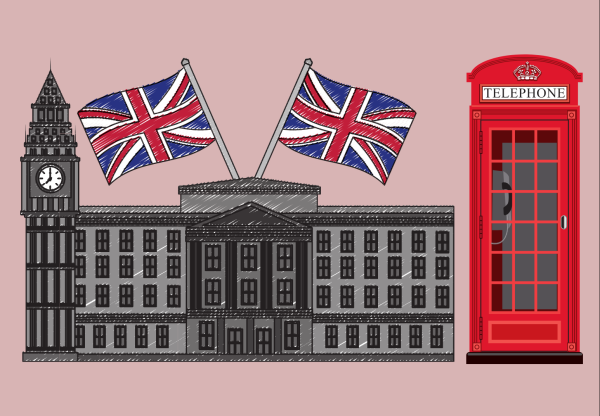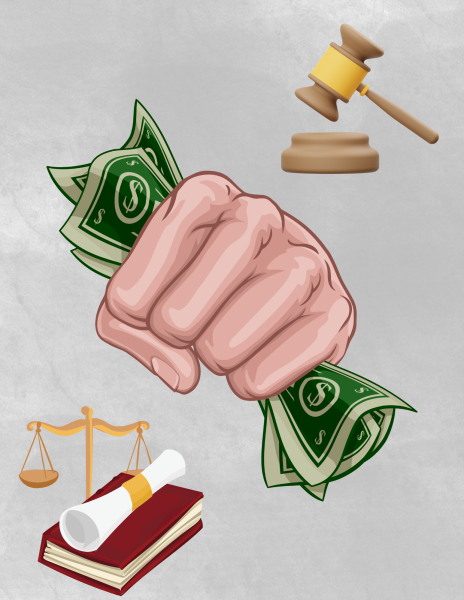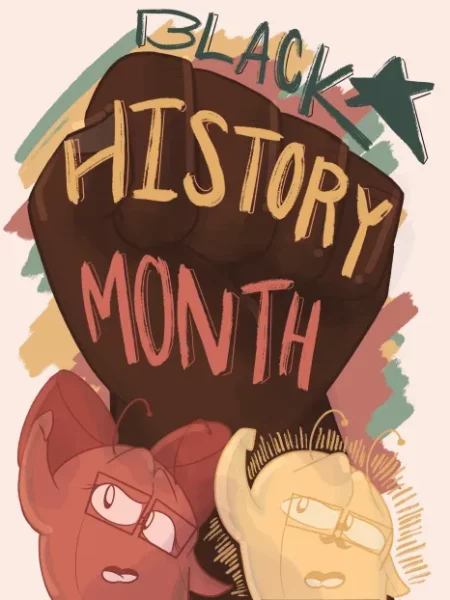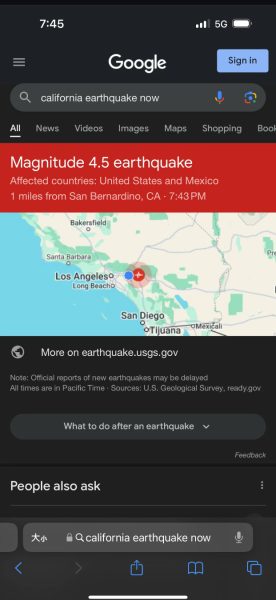Zimbabwe’s New Beginning
December 1, 2017

Tristan Weech: Junior at ERHS
After 37 years of being the president and ruler of Zimbabwe, Robert Mugabe resigned from his position. Oddly enough, the man who is up to take over the presidency, Emmerson Mnangawa, was the man who was fired, on November 6, from the position of vice president. Mugabe’s goal was to make way for his wife to eventually become president of Zimbabwe.
Only a week following Mnangawa’s termination, the military entered the country’s capital, Harare, attempting to seize the president but denies all the accusations regarding the matter. The members of the military claim all they were doing were capturing those surrounding the area.
During the first meeting Mugabe had with generals after firing Mnangagaw, he was requested to step down and publically announce his resignation from the presidency to his country. Word around Zimbabwe spread rapidly and beginning on November 18, there were thousands among thousand of people on the streets requesting for Mugabe to willingly leave his position.
ZANU-PF, Mugabe’s ruling party, took control and forced Mugabe to finally leave his place as the president after almost four decades of ruling. Since Mugabe did not finish his term in office, he had to technically be impeached. This also resulted in Mugabe’s wife being barred from participating within the party’s ranks.
At this point, Emmerson Mnangagwa was appointed to take over as president of Zimbabwe. He was sworn into office as of November 24, 2017. Mnangagwa had announced that there would officially be a “new and unfolding democracy” within their nation.
While Mnangagwa seems like a great fresh start for the country, according to Tristan Weech, a junior at Eleanor Roosevelt High School, “he has a more bitter backstory than what I think a president should have, and this might make him more revengeful and hot headed.” Throughout his history, Mnangagwa has had a lot of bumpy roads leading him to be involved in terrible situations.
On top of that, Tristan Weech claims, “I feel like he could be corrupt because of the gukurahundi massacres because he blamed the army and stayed in office and that seems a bit suspicious.” During 2008, Mnangagwa was accused of arranging for thousand of people within the Ndebele ethnic group to be killed.
While a new ruler can be a good start to a new world, the people of Zimbabwe must look at their new president from all angles.
